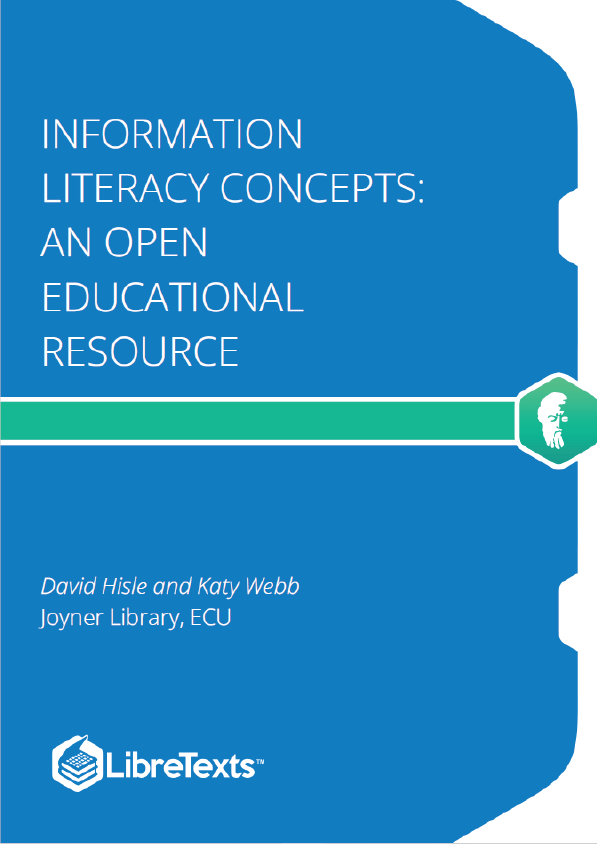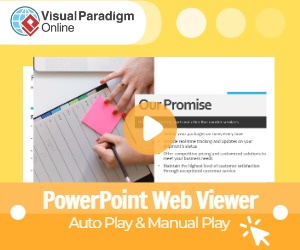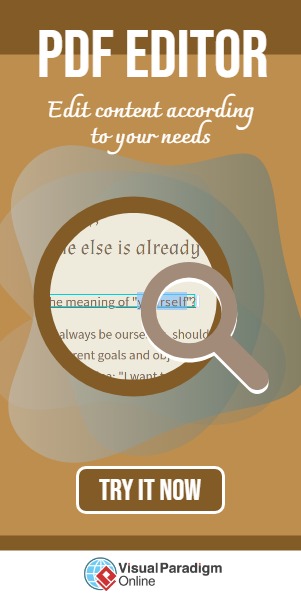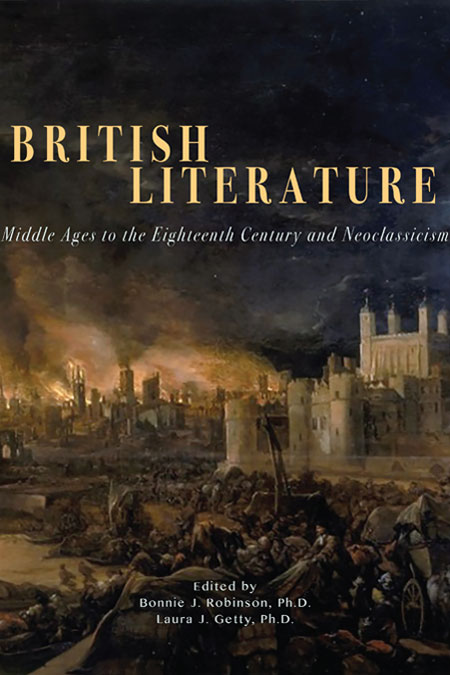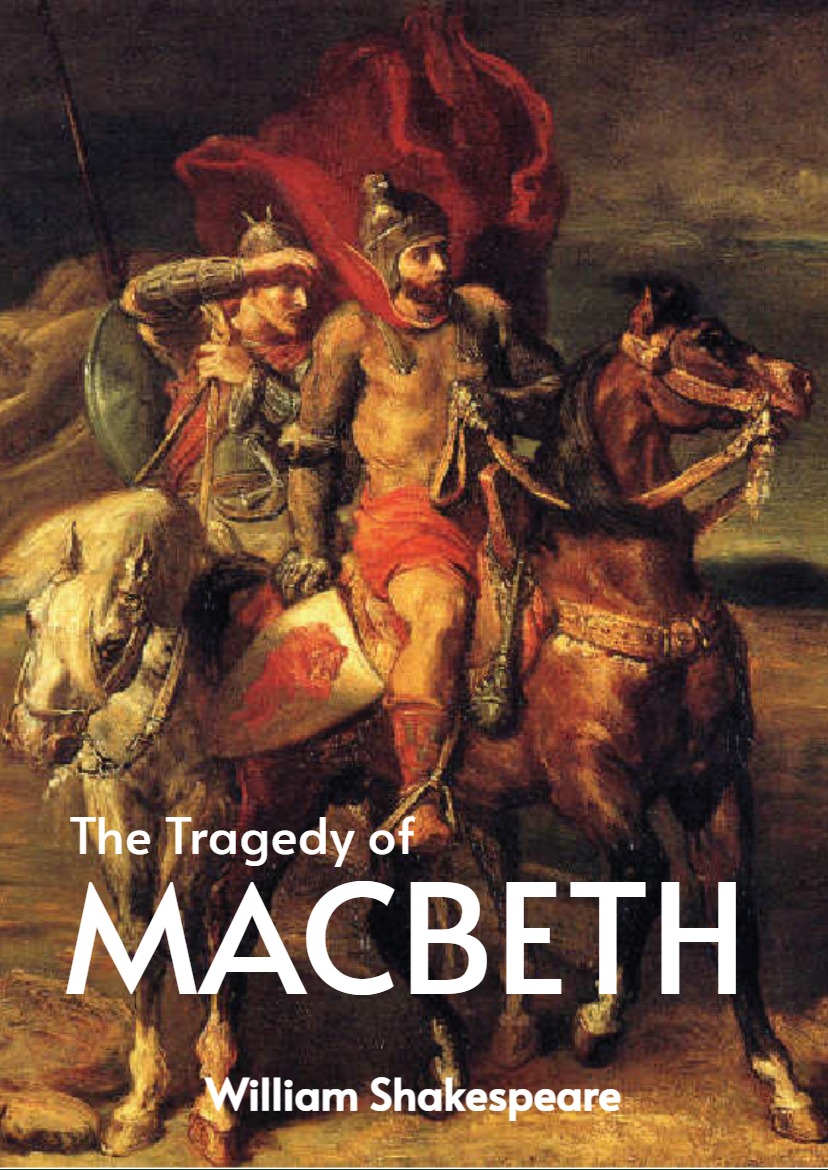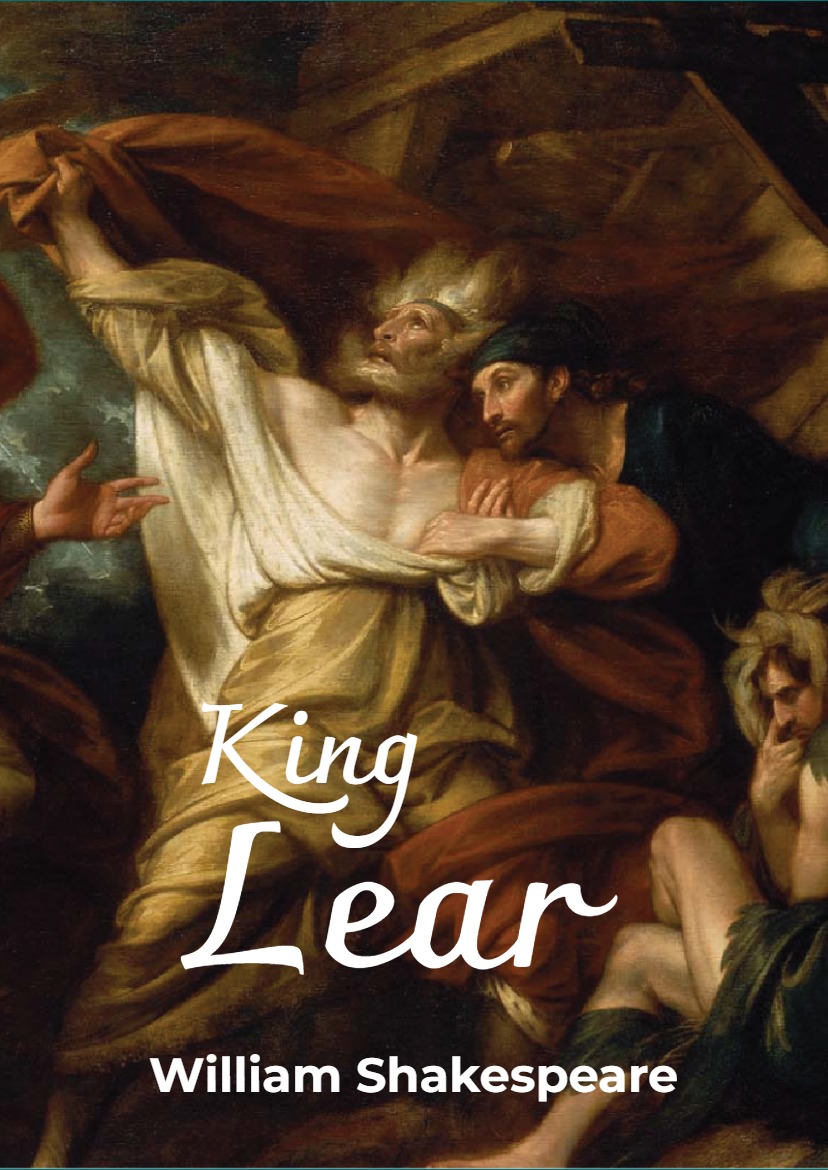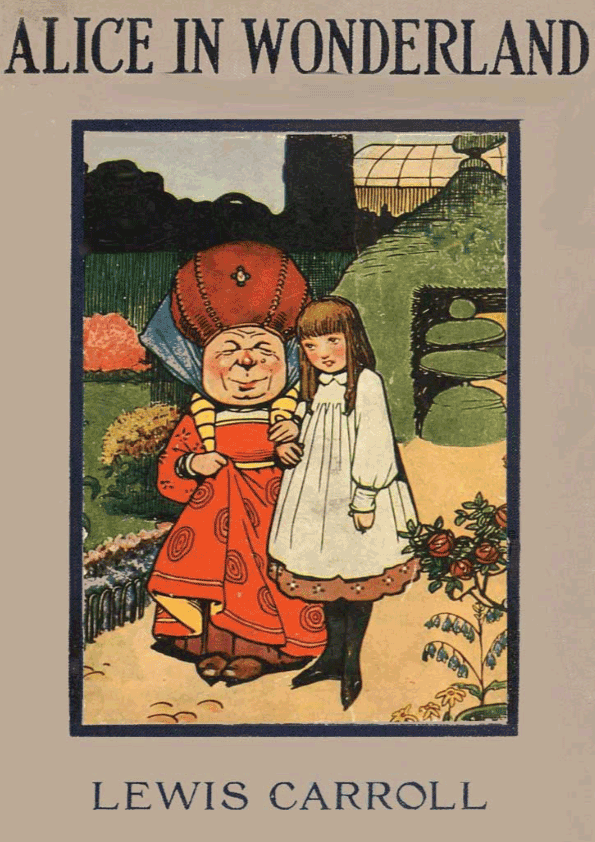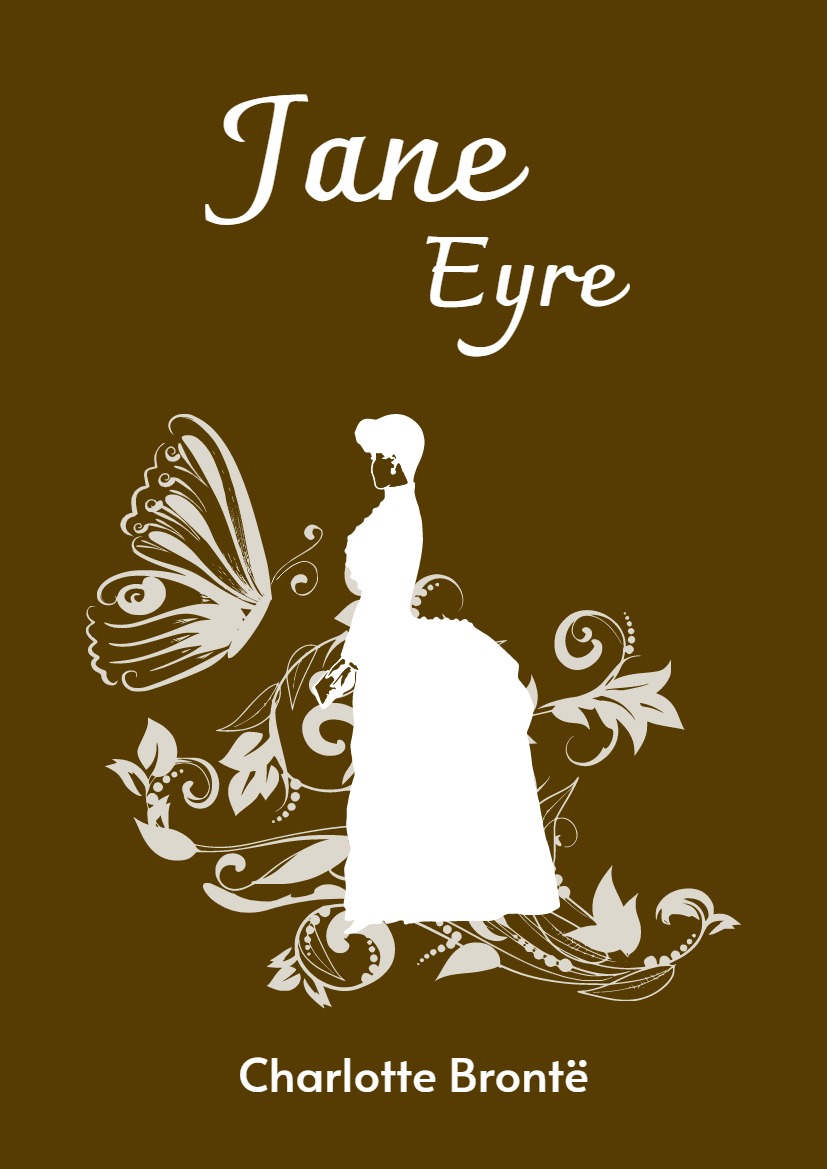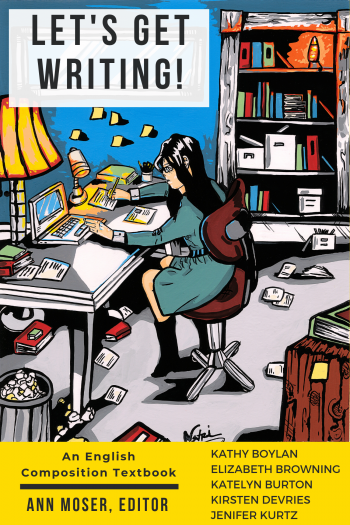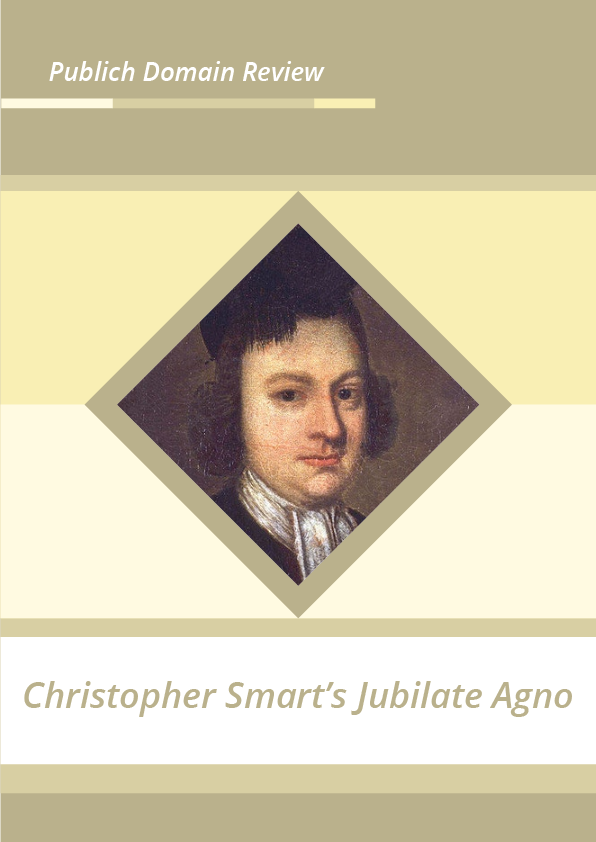What is information literacy and what does it mean to be information literate? The American Library Association defines information literacy as a set of abilities empowering individuals to recognize when information is needed and to be able to locate it, evaluate it, and use it effectively. While information literacy is often talked about on college campuses in terms of doing library research for papers and annotated bibliographies and other sorts of classroom assignments, we use and need information in every aspect of our lives.
What is information literacy and what does it mean to be information literate? The American Library Association defines information literacy as a set of abilities empowering individuals to recognize when information is needed and to be able to locate it, evaluate it, and use it effectively. While information literacy is often talked about on college campuses in terms of doing library research for papers and annotated bibliographies and other sorts of classroom assignments, we use and need information in every aspect of our lives. Think about all of the informal research we do each day. We look up movie and book reviews, how-to videos on YouTube, product reviews, and strategies for parenting. We Google how to fill out some field on our tax forms, we look up job ads and tips on job interviews, how to spell or define some unfamiliar word or acronym. We all have information needs, and being able to effectively identify and meet those needs is at the core information literacy. Being able to differentiate quality information from questionable information is also critical. Is that shocking article your sister posted on social media actually true? What about health advice offered by a friend? What about some surprising statistic you heard cited by a politician or political candidate?
The American Library Association asks to think about information literacy in six ways.
1. Authority Is Constructed and Contextual
When you use information, or choose one source of information over another, you presume a certain amount of expertise on the part of the information’s author on the topic they are writing about. What gives the author that authority? What makes some information more authoritative than other information? What makes a piece of information authoritative can vary from discipline to discipline and be based on context. So for example, an author may be an authority on a given topic because of extensive experience, or because of extensive education. Even without deep experience or education, an author may bring authority to their writing based on their having witnessed or participated in some major event. In both cases, their authority is contextual. A physics professor may have authority when writing within their field, but be considered far less authoritative when writing in an unrelated field.
2. Information Creation as a Process
Information appears in a variety of forms. Depending on whether it is in the form of a newspaper article, a scholarly book, or a formatted report, the creation of information requires a process. Understanding how and why authors publish in a particular format, what those formats require in terms of fact checking, or sourcing, or expertise, what editorial oversight exists, the role of publishers —all these considerations may play into your thinking about the relevance of a particular information source to your research question.
